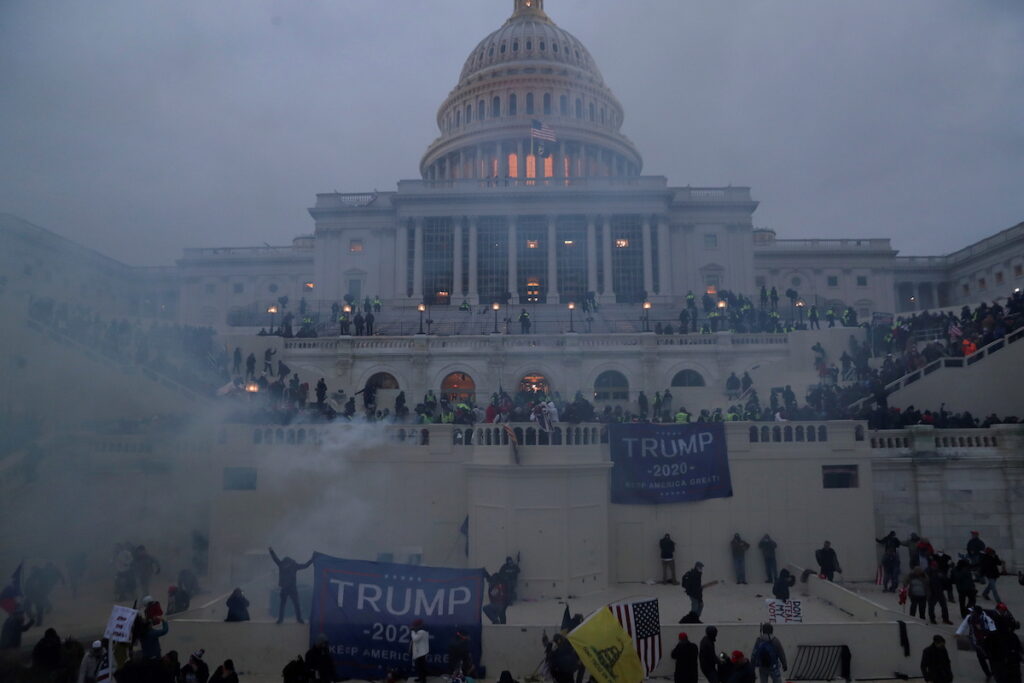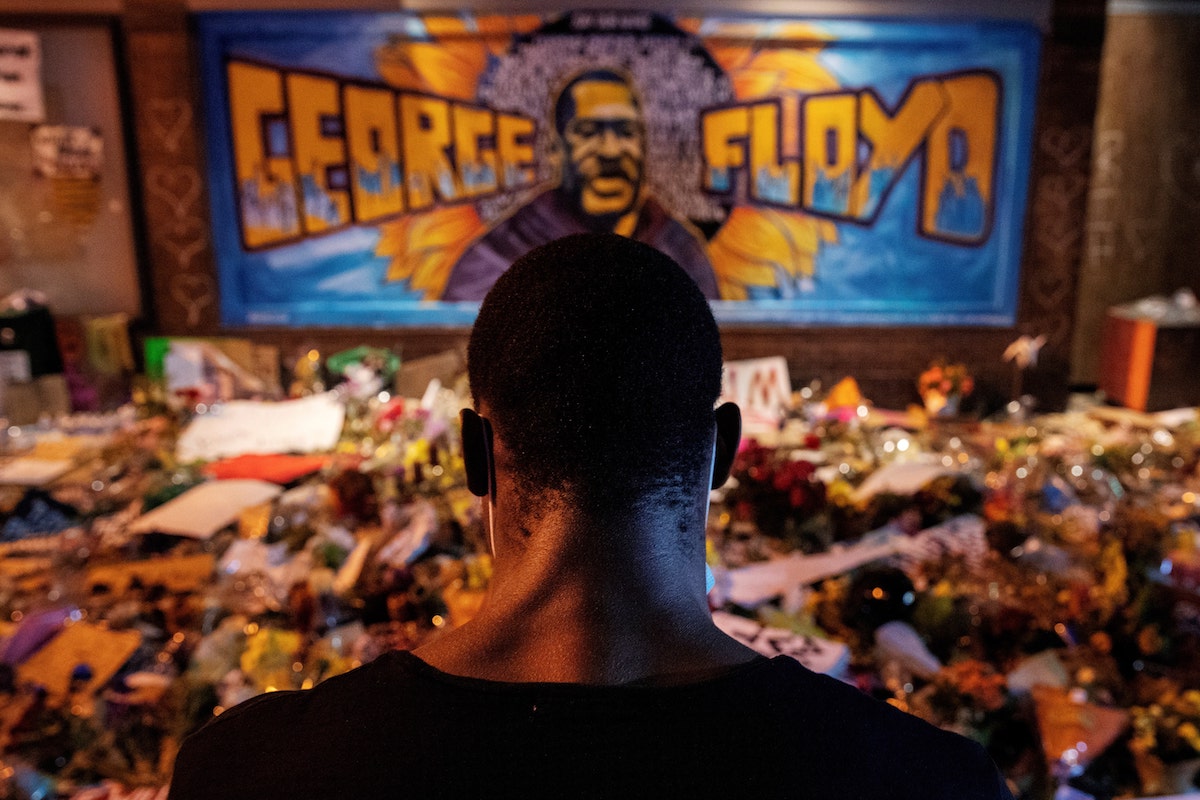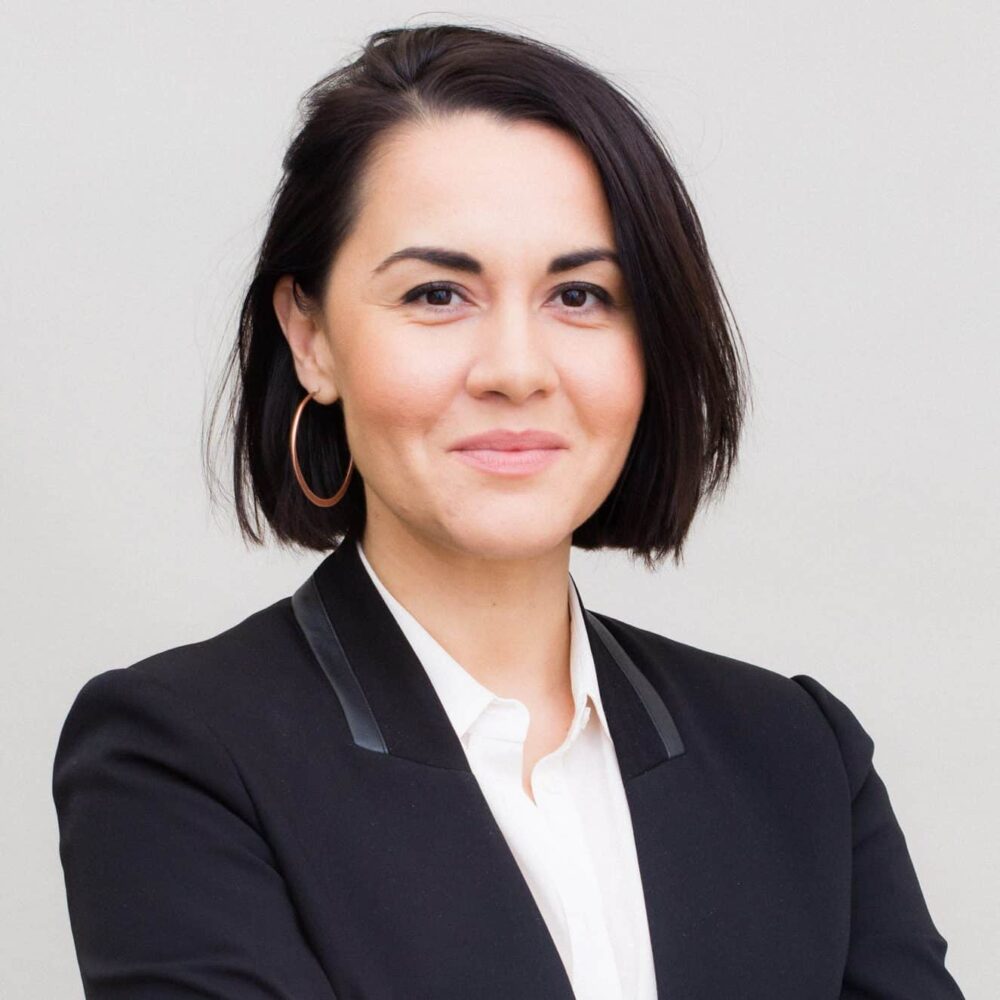This year, Fox News was hit with two major defamation lawsuits alleging that the network repeatedly aired false claims about voting fraud in the 2020 presidential election. The lawsuits, filed by the voting technology companies Smartmatic and Dominion Voting Systems, accuse Fox News of intentionally spreading false information about their voting software to curry favor with Donald Trump and his base. Each suit requests more than $1 billion dollars in damages. The lawsuits are part of a larger trend of plaintiffs using libel claims to curb the spread of misinformation: Trump lawyers Rudy Giuliani and Sidney Powell are also facing $1 billion lawsuits for claiming that Dominion’s voting machines were rigged in favor of Joe Biden.
False information spread online plainly has a real impact on people’s lives: journalists have shown how viral misinformation about COVID-19 likely quickened its spread, as well as how disinformation about the voting process was used to discourage thousands of Americans from participating in the 2020 election. However, the impulse to use libel suits to target a news organization has left many First Amendment lawyers uneasy. Defamation suits have historically been used by the powerful to silence their critics. Could this strategy unintentionally make it easier for bad actors to sue journalists?
Join us on May 19th at 2pm EST for a #FAWPublicForum for a conversation about defamation law, First Amendment doctrine, and the problem of disinformation in our modern age. Our special guests include Lyrissa Lidsky, Dean of the University of Missouri Law School and Judge C.A. Leedy Professor of Law, Jonathan Peters, Media Law Professor at the University of Georgia and press freedom columnist for Columbia Journalism Review, and RonNell Andersen Jones, Lee E. Teitelbaum Professor of Law at University of Utah Law School. First Amendment Watch Staff Writer Soraya Ferdman will moderate the discussion.
Speakers
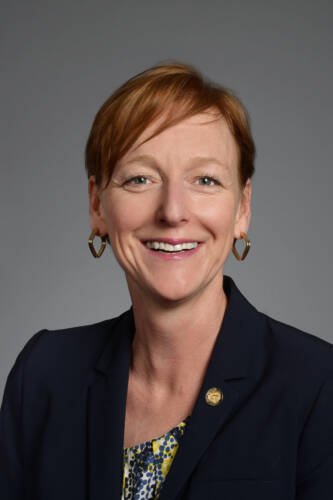
Lyrissa Lidsky is Dean of the University of Missouri School of Law and Judge C.A. Leedy Professor of Law, and the focus of her research and teaching is the intersection of Tort Law and the First Amendment, with an emphasis on free speech issues in social media. Missouri Lawyers Media named Lidsky its 2020 Woman of the Year based on her scholarship, passion for law, mentorship of students, and engagement of constituencies supporting the school of law. A prominent Media Law scholar, she is co-reporter on the Restatement of Defamation and Privacy, co-author of a leading Media Law casebook, a First Amendment casebook, and a reference book on press freedom. Before becoming a law professor, Lidsky served as a clerk for the Honorable Joseph T. Sneed of the United States Court of Appeals for the Ninth Circuit in San Francisco, Calif.
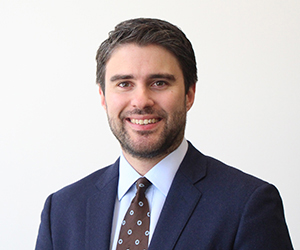
Jonathan Peters is a media law professor at the University of Georgia, where he has faculty appointments in the College of Journalism and Mass Communication and the School of Law. He is the press freedom correspondent for the Columbia Journalism Review, and he has written for Esquire, The Atlantic, Sports Illustrated, Slate, Wired, and CNN. He has also blogged about the First Amendment for the Harvard Law Review and the Harvard Law and Policy Review, and he is a frequent commentator on First Amendment issues for The New York Times, The Washington Post, Vanity Fair, CNN, NBC News, CBS News, NPR, and PBS. Peters is a coauthor of the book “The Law of Public Communication,” and his scholarship has appeared in journals published by the law schools at Berkeley, Harvard, NYU, and Virginia, among others.
RonNell Andersen Jones is an Affiliated Fellow at Yale Law School’s Information Society Project and the Lee E. Teitelbaum Chair and Professor of Law at the University of Utah S.J. Quinney College of Law. A former newspaper reporter and editor, Professor Jones is a First Amendment scholar who teaches, researches and writes on legal issues affecting the press and on the intersection between media and the courts, with a particular emphasis on the United States Supreme Court. Her scholarship, published in numerous top journals, addresses issues of press access and transparency and the role of the press as a check on government. She is also a widely cited national expert on reporter’s privilege and newsgathering rights and a regular speaker on emerging areas of social media law.
